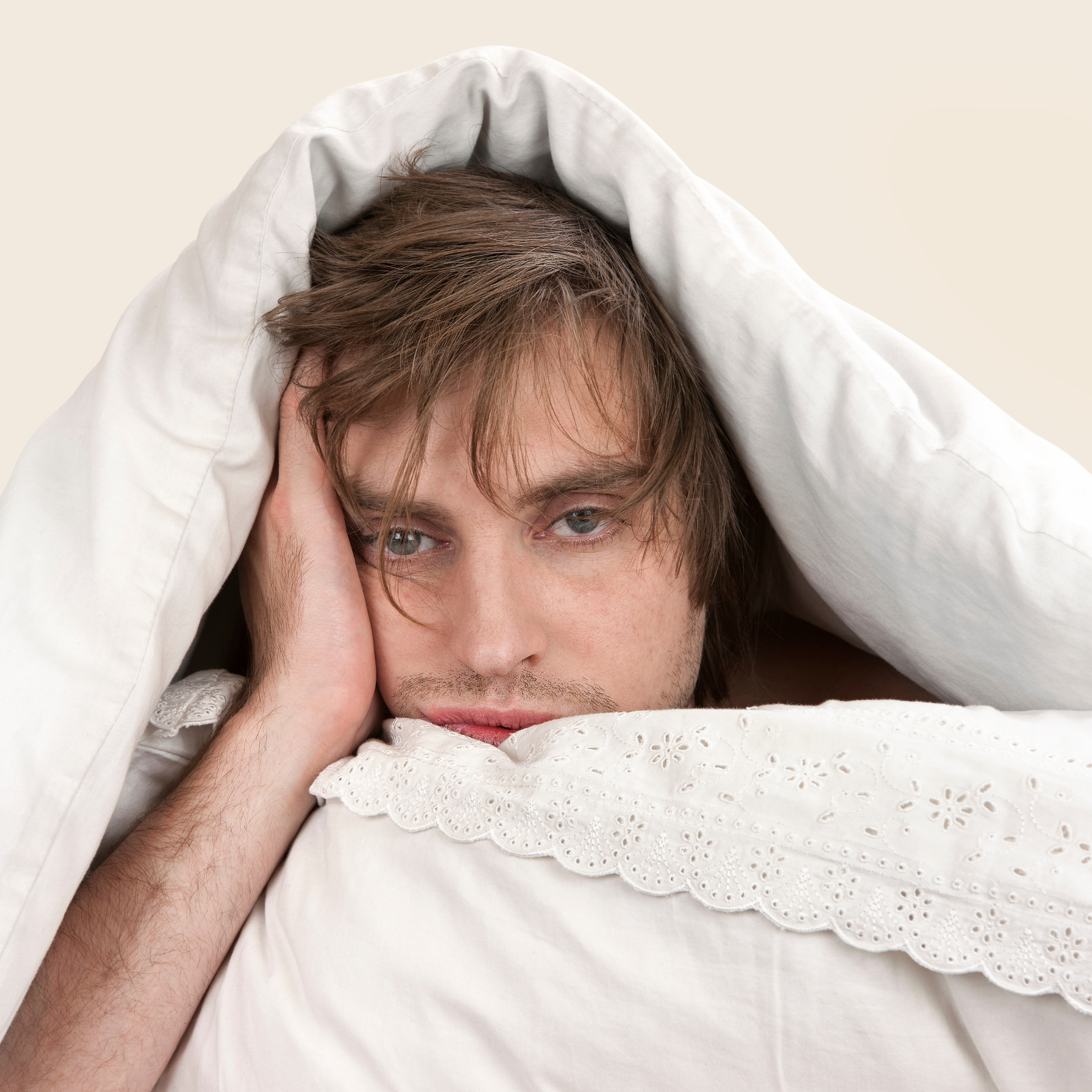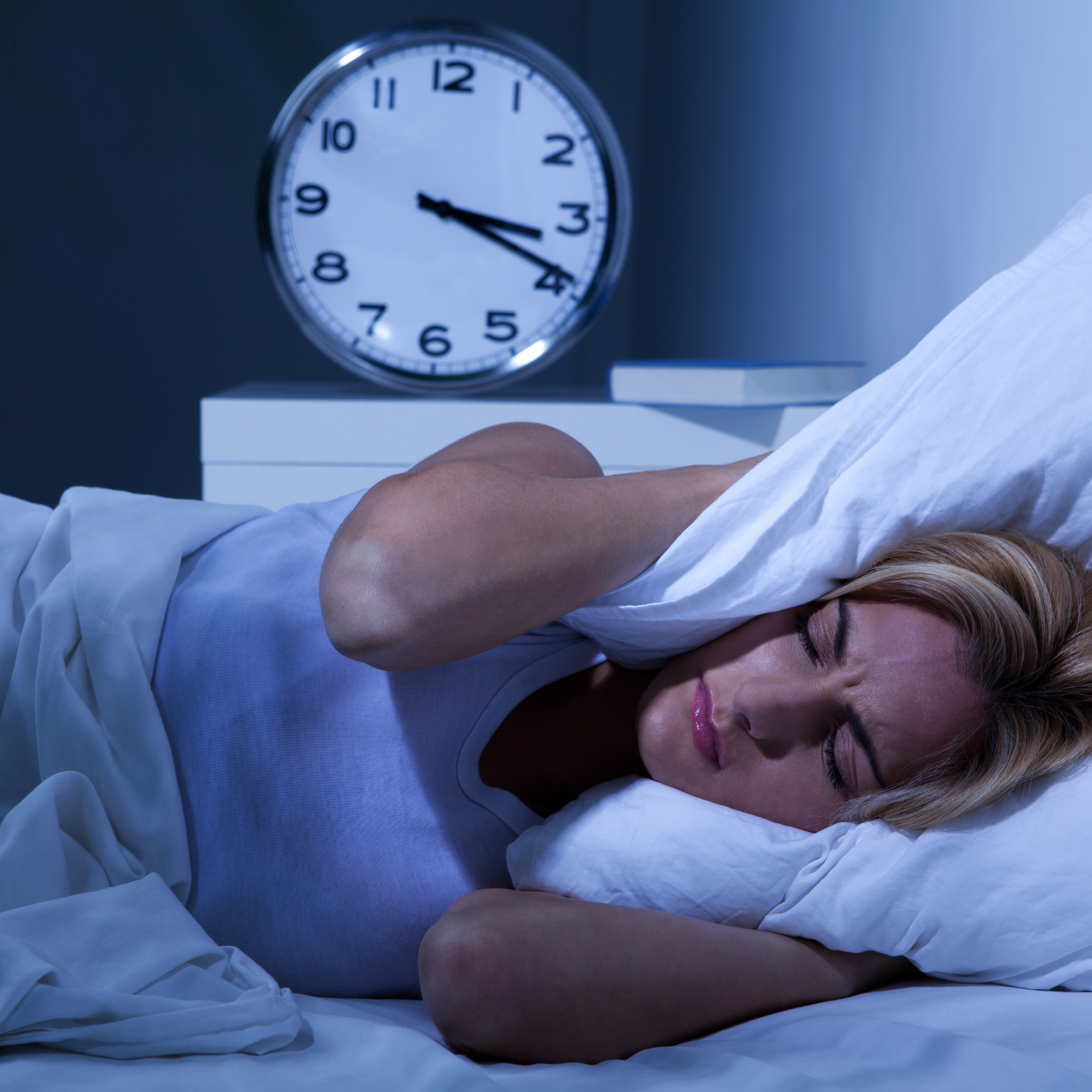Insomnia: Understanding the Causes, Symptoms, and Treatment Options
1. What is Insomnia?
Insomnia is a common sleep disorder characterized by difficulty falling asleep, staying asleep, or experiencing poor-quality sleep. It can result in daytime fatigue, lack of concentration, irritability, and other physical and emotional issues. Insomnia can be acute (short-term) or chronic (long-term) and can have a significant impact on an individual’s overall well-being.
2. Types of Insomnia
There are two main types of insomnia:
- Primary Insomnia: This type of insomnia is not directly linked to any other health condition or underlying cause. It may be triggered by factors such as stress, anxiety, lifestyle choices, or poor sleep habits.
- Secondary Insomnia: Secondary insomnia is associated with other medical or psychiatric conditions, including sleep disorders (e.g., sleep apnea), chronic pain, depression, anxiety disorders, or substance abuse.
3. Causes and Risk Factors
Insomnia can be caused by various factors, including:
- Stress and Anxiety: High levels of stress or persistent worries can make it challenging to relax and fall asleep.
- Poor Sleep Habits: Irregular sleep schedules, excessive napping, or engaging in stimulating activities close to bedtime can disrupt sleep patterns.
- Medical Conditions: Chronic pain, respiratory disorders, gastrointestinal issues, hormonal imbalances, and other medical conditions can contribute to insomnia.
- Mental Health Disorders: Conditions like depression, anxiety, bipolar disorder, and post-traumatic stress disorder (PTSD) can disrupt sleep.
- Lifestyle Factors: Consuming caffeine, nicotine, or alcohol close to bedtime, lack of regular exercise, and an unhealthy diet can impact sleep quality.
- Environmental Factors: Noise, light pollution, uncomfortable sleep environment, or frequent changes in sleep settings (e.g., traveling) can disrupt sleep.
4. Symptoms of Insomnia
The symptoms of insomnia may vary from person to person but commonly include:
- Difficulty falling asleep, despite feeling tired
- Waking up frequently during the night
- Trouble returning to sleep after waking up during the night
- Non-restorative or poor-quality sleep
- Daytime sleepiness or fatigue
- Lack of concentration or difficulty focusing
- Irritability, mood swings, or anxiety
- Impaired performance at work or school
- Tension headaches or gastrointestinal issues
5. Diagnosing Insomnia
If you suspect you have insomnia, it is important to consult a healthcare professional for a proper diagnosis. The diagnosis typically involves a comprehensive evaluation of your sleep patterns, medical history, and lifestyle factors. Your healthcare provider may also recommend a sleep study or refer you to a sleep specialist for further assessment if an underlying sleep disorder is suspected.
6. Treatment Options for Insomnia
The treatment of insomnia depends on the underlying cause and severity of the condition. Here are some common treatment options:
a. Cognitive Behavioral Therapy for Insomnia (CBT-I)
CBT-I is a widely recognized and effective approach for treating insomnia. It involves identifying and modifying negative thoughts, beliefs, and behaviors related to sleep. CBT-I techniques can help improve sleep hygiene, establish a regular sleep schedule, and manage stress and anxiety.
b Sleep Hygiene Practices
Practicing good sleep hygiene can significantly improve sleep quality. Some essential sleep hygiene practices include:
- Maintaining a regular sleep schedule: Going to bed and waking up at the same time every day, even on weekends.
- Creating a sleep-friendly environment: A cool, dark, and quiet bedroom with a comfortable mattress and pillows.
- Establishing a bedtime routine: Engaging in relaxing activities before bed, such as reading, taking a warm bath, or practicing meditation.
- Limiting exposure to electronic devices: Avoiding screens and blue light exposure at least an hour before bedtime as they can interfere with the body’s natural sleep-wake cycle.
c. Medications for Insomnia
In some cases, healthcare providers may prescribe medications to help manage insomnia. These medications are typically used on a short-term basis and include:
- Sedative-Hypnotics: These medications help induce sleep and may be prescribed for short-term relief from insomnia.
- Melatonin Agonists: Melatonin is a hormone that regulates the sleep-wake cycle. Melatonin agonist medications can help regulate sleep patterns.
It is important to note that medications should only be used under the guidance and supervision of a healthcare professional.
d. Relaxation Techniques
Practicing relaxation techniques can help calm the mind and prepare the body for sleep. Techniques such as deep breathing exercises, progressive muscle relaxation, meditation, and guided imagery can promote relaxation and improve sleep quality.
e. Addressing Underlying Conditions
If insomnia is secondary to an underlying medical or psychiatric condition, treating the underlying condition is crucial for managing insomnia. This may involve addressing chronic pain, managing anxiety or depression, or seeking treatment for any other contributing factors.
f. Lifestyle Changes
Incorporating healthy lifestyle habits can significantly improve sleep quality and reduce the frequency of insomnia episodes. Here are some recommendations:
- Regular Exercise: Engaging in regular physical activity, preferably earlier in the day, can promote better sleep.
- Limiting Stimulants: Avoiding or reducing the consumption of caffeine, nicotine, and alcohol, especially close to bedtime.
- Creating a Relaxing Bedtime Routine: Establishing a routine that includes activities such as reading, taking a warm bath, or practicing relaxation exercises before sleep can signal the body to wind down.
- Managing Stress: Employing stress management techniques, such as journaling, mindfulness, or engaging in hobbies, can help alleviate stress and promote better sleep.
- Improving Sleep Environment: Creating a comfortable and conducive sleep environment by ensuring a quiet, dark, and cool room with a comfortable mattress and pillows.
7. When to Seek Medical Help
While implementing lifestyle changes and self-help strategies can be effective for managing mild insomnia, it is important to seek medical help if:
- Insomnia persists for more than a few weeks and significantly affects daily functioning.
- Insomnia is accompanied by other concerning symptoms, such as excessive daytime sleepiness, mood changes, or difficulty concentrating.
- The quality of life is significantly impacted by sleep disturbances.
A healthcare professional can provide a thorough evaluation, identify potential underlying causes, and recommend appropriate treatment options.
8. Conclusion
Insomnia can significantly impact a person’s overall well-being, quality of life, and daily functioning. It is a complex sleep disorder with various causes and contributing factors. However, with proper diagnosis, understanding, and treatment, insomnia can be effectively managed. Addressing the underlying causes, implementing lifestyle changes, practicing good sleep hygiene, and seeking professional help when needed are essential for improving sleep quality and overcoming insomnia. Remember, each individual’s experience with insomnia may be unique, and what works for one person may not work for another. It may take time and patience to find the most effective treatment approach. If you are struggling with insomnia, consult with a healthcare professional or sleep specialist to discuss your symptoms, receive an accurate diagnosis, and develop a personalized treatment plan. With the right support and strategies, better sleep and improved overall well-being are possible.







